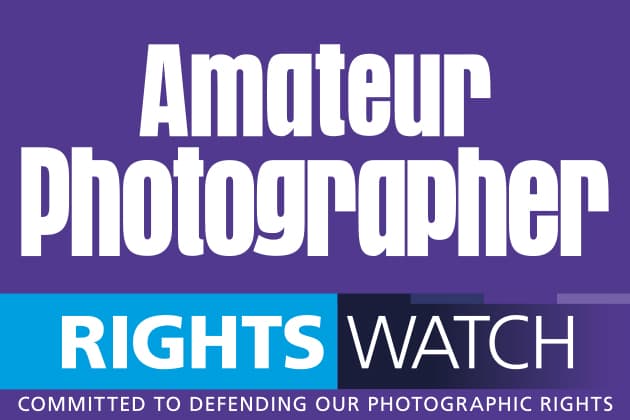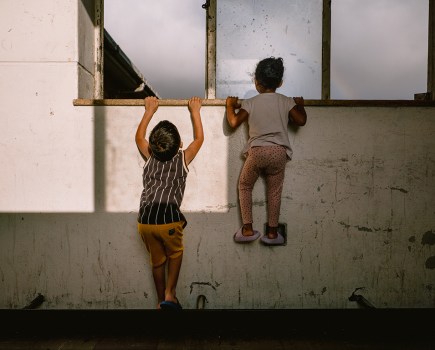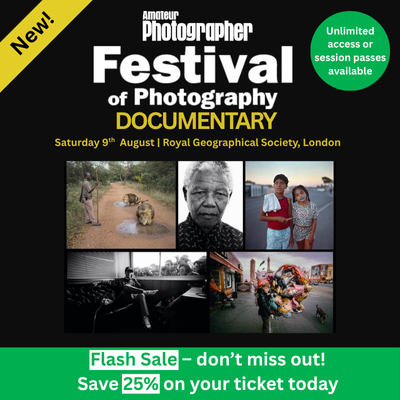
The National Union of Journalists (NUJ) has joined the British Press Photographers’ Association (BPPA) in protesting at the ban imposed by Royal Parks, which controls the area on Horse Guards Road at the back of Downing Street.
Photographers say Royal Parks has told them they will be moved on by police if they breach the rules, which have been brought in since the last General Election in 2010.
NUJ freelance organiser John Toner said: ‘There is a very definite public interest in reporting who is entering or leaving Downing Street.
‘We are entitled to know who the Prime Minister is talking to, even more so in the coming weeks when a hung parliament seems the most likely outcome of the election.’
Toner added: ‘The future government of this country should not be stitched up by political leaders secretly going in and out of No 10 for discussions behind closed doors.’
‘Direct attack on press freedom’
BPPA vice-chairman Eddie Mulholland told Amateur Photographer (AP): ‘Prior to the rule change, the permit – which all news organisations purchase annually from Royal Parks – allowed photography anywhere in any Royal Park.
‘So, at the last election, if you had a permit you couldn’t be moved on from Horse Guards…
‘We feel this is yet another unnecessary restriction on our members, which will affect their ability to do their job.’
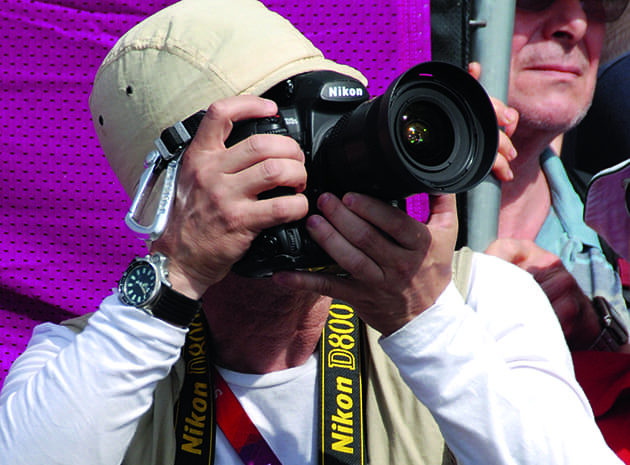
The move comes despite the general public apparently being allowed to gather at the same entrance.
Mulholland added: ‘While members of the public will be allowed to stand and photograph on their iPhones, bona fide newsgatherers (who have the necessary equipment and knowledge to get the shots) will be moved on by police.
‘Access to this area is vital to cover the potential departure of the present Prime Minister and also to cover the comings and goings that will occur if there is the need for a coalition.
‘The public have a right to see which politicians are attending meetings and doing deals to form the next government.’
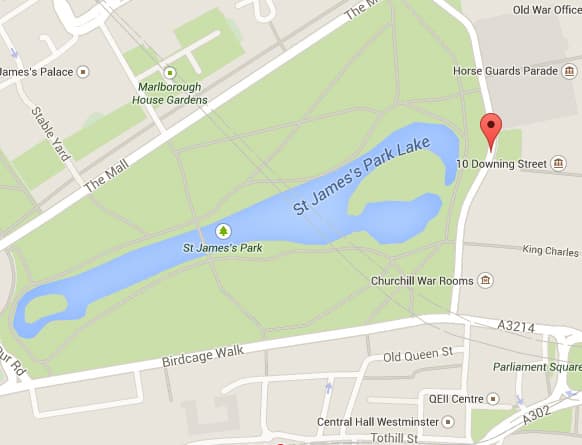
[Picture credit: Google Maps]
Lynne Anderson, deputy chief executive of the News Media Association, told AP: ‘Restricting the ability of news media photographers to do their jobs in a publicly accessible area, with the threat that they will be moved on by the police… constitutes a direct attack on press freedom.’
She added: ‘The area concerned… is likely to be of critical importance in telling the story of the General Election, and photographers must be able to access it and take pictures.
‘There is no legitimate reason to restrict access and Royal Parks must lift this ban immediately.’
The comments came after BPPA chairman Jeff Moore told the Telegraph: ‘There is a public interest in knowing who is going in and out of Downing Street.
‘When they don’t want to be seen, [the back entrance] is what they use.’
He added: ‘When the future of our nation is being decided, people have a right to know who is going in and out of Downing Street.
‘This is trying to muzzle the press. It’s outrageous.’
The NUJ has called for the ban to be removed and says it has written to Royal Parks, requesting it meets the NUJ and other photography organisations.
A spokesperson for The Royal Parks said: ‘We make it very clear to the media that photography for commercial and newsgathering purposes at the rear of Downing Street is restricted.
‘Media facilities for the election are available elsewhere, including in other parts of The Royal Parks, as well as in Downing Street and Whitehall.’
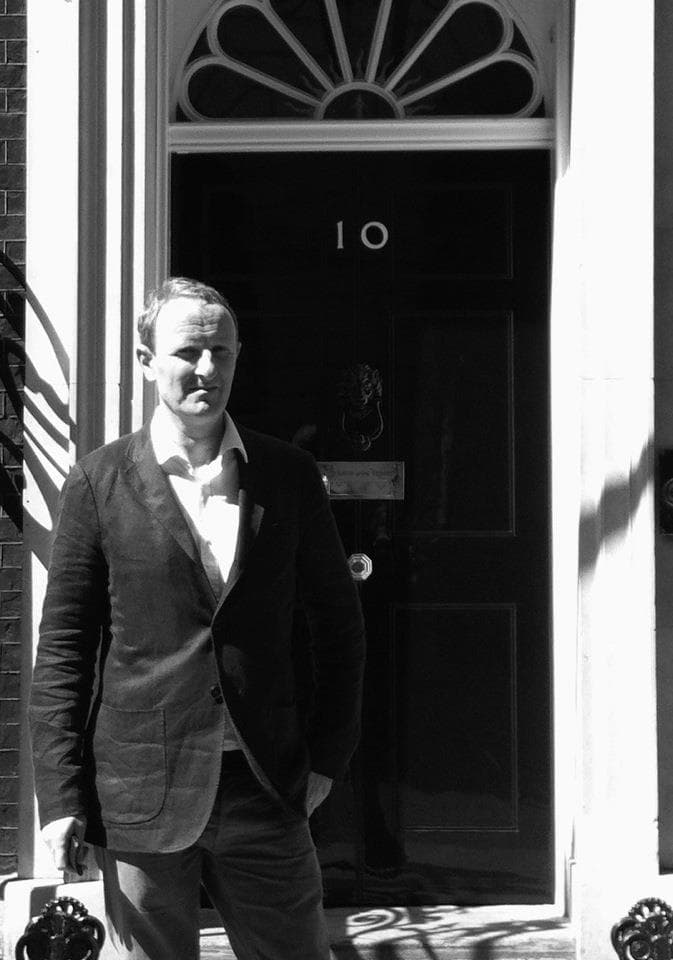
AP news editor Chris Cheesman outside No 10 Downing Street a few years ago. Journalists and photographers fear politicians will use the back entrance of Downing Street to avoid being pictured at the front of No 10 during the General Election

